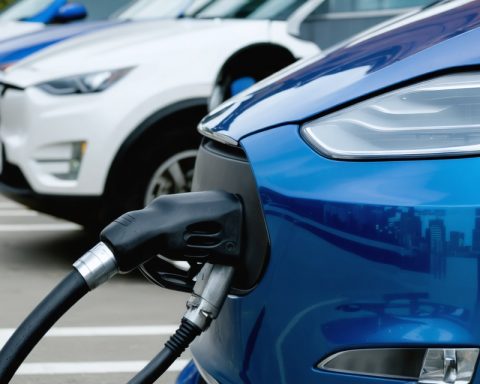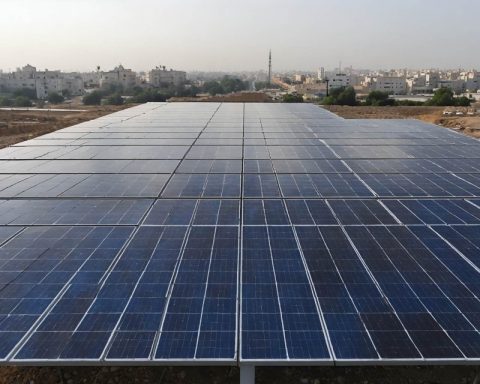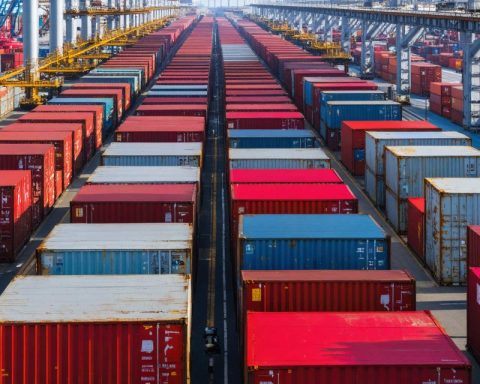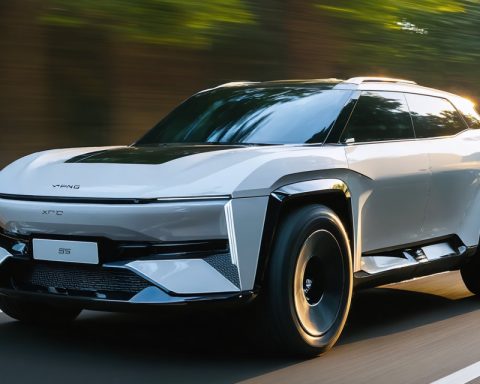Hyundai is advising owners of its Nexo hydrogen vehicles in North America to park outdoors to prevent potential fire hazards. The recall affects nearly 1,600 hydrogen fuel cell SUVs spanning model years 2019 through 2024 in both the U.S. and Canada.
The recall stems from a potential defect in a pressure relief device that may lead to hydrogen leaks. Such leaks could potentially ignite a fire even when the vehicle is parked, according to documents submitted to U.S. safety regulators. Despite this risk, Hyundai has reported no incidents of fires occurring.
The company assures that driving the SUVs remains safe, but recommends parking them away from structures until the issue is resolved. Hyundai plans to start notifying owners by mail beginning December 10. Authorized dealers will administer necessary repairs by replacing the defective pressure release devices.
The automaker emphasizes the importance of the recall to uphold customer safety. Hyundai has provided resources for concerned owners to seek more information, including a dedicated website and customer service hotline.
For more details, owners are encouraged to visit the Hyundai Auto Service Campaign website or contact Hyundai’s customer service at (800) 633-5151.
The Impact of Hydrogen Fuel Cells: Balancing Innovation and Safety
The recall of Hyundai’s Nexo hydrogen vehicles due to a potential fire hazard has sparked discussion about the broader impact of hydrogen fuel cell technology on people, communities, and countries. As a cleaner alternative to fossil fuels, hydrogen offers numerous environmental benefits but also presents unique challenges that must be addressed.
Hydrogen Fuel Cells: A Cleaner Future
Hydrogen fuel cells are hailed as a promising solution for reducing carbon emissions and dependence on fossil fuels. Vehicles powered by hydrogen emit only water vapor, making them an attractive option for achieving cleaner transportation. Many countries are investing in hydrogen technology as part of their efforts to combat climate change and transition to sustainable energy systems.
Communities benefit from this shift towards hydrogen and renewable energy, as it can lead to improved air quality and public health. Countries that embrace hydrogen technology may also gain economic advantages by positioning themselves as leaders in green energy innovation.
The Challenges of Implementing Hydrogen Infrastructure
Despite the potential benefits, the implementation of hydrogen fuel cell technology comes with significant challenges. One major hurdle is the development of adequate infrastructure for hydrogen production, storage, and distribution. This lack of infrastructure can limit the widespread adoption of hydrogen vehicles and impede progress toward a greener transportation sector.
Safety concerns, such as those highlighted by the Hyundai Nexo recall, also pose a significant challenge. Hydrogen is highly flammable, necessitating stringent safety measures and protocols. The event underscores the importance of rigorous testing and oversight to ensure public confidence in hydrogen technology.
Controversies and Public Perception
The safety concerns related to hydrogen fuel cells contribute to controversies surrounding their use. Some critics question the practicality of hydrogen as a mainstream energy source, citing both safety risks and the high costs associated with building and maintaining a hydrogen infrastructure. Supporters argue that these issues can be overcome with technological advances and policy support.
Public perception plays a crucial role in the adoption of hydrogen technology. Ensuring transparency and effectively communicating the benefits and risks to consumers are essential for fostering trust and encouraging wider acceptance.
The Path Forward
As the world grapples with the need for sustainable energy solutions, hydrogen continues to be part of the conversation. Automakers, governments, and researchers must collaborate to address the challenges and bolster the infrastructure needed for hydrogen to succeed as a safe and viable energy source.
For more information on the advancements in hydrogen technology, readers can explore resources such as the U.S. Department of Energy and the International Partnership for Hydrogen and Fuel Cells in the Economy.














